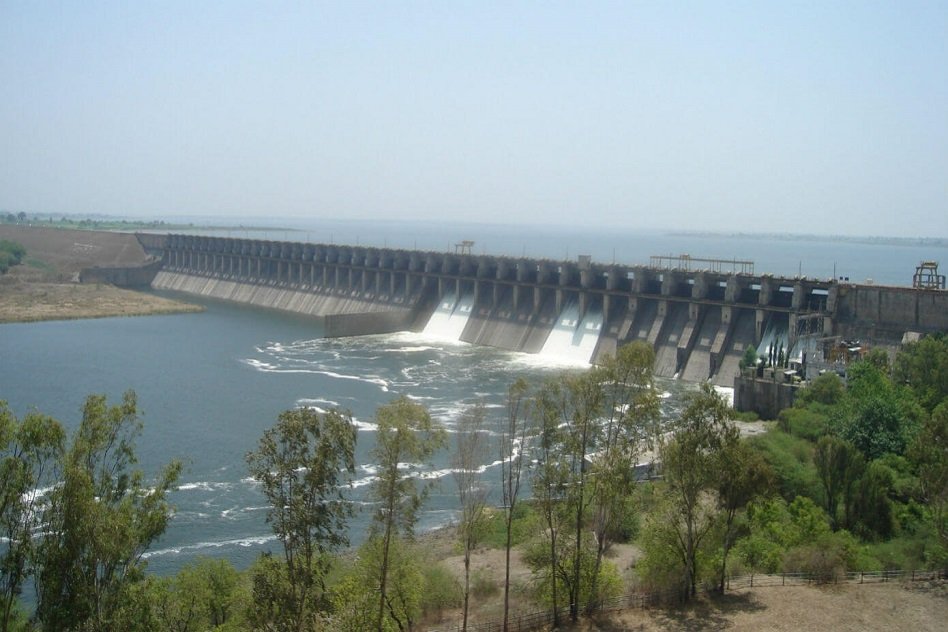
Punjab Must Share Water With Haryana: Supreme Court
11 Nov 2016 5:19 AM GMT
The decades-long legal dispute between Punjab and Haryana on the sharing of river waters has finally come to an end. The Supreme Court has ended the Punjab Termination of Agreement Act, 2004. It declared in its verdict today that Punjab must share water with its neighbor Haryana and it is illegal to bypass the law which has been enacted in the interest of the state.
What is the issue?
The issue goes back to the creation of the state of Haryana. After Partition, a dispute arose between India and Pakistan on the sharing of water from the rivers of Punjab: Indus, Jhelum, Chenab, Ravi, Beas, and Sutlej. The two countries signed the Indus Water Treaty in 1960, under which both were allowed unrestricted use of three rivers each. India was allocated the eastern rivers – Sutlej, Beas, and Ravi. Once this treaty was signed, the water from these three rivers was shared between Punjab, Delhi, and Jammu and Kashmir. Punjab was reorganized in 1966, and the state of Haryana was established. As a successor state, Haryana was eligible to receive a share of Punjab’s river waters. The river Yamuna – whose course took it through undivided Punjab but now flowed only in Haryana – was never considered a part of this arrangement. This led to contention between Punjab and Haryana and in 1979, Haryana approached the Supreme court to implement the allocation. and Punjab filed a civil suit as a challenge to the agreement.
The construction of the canal that would carry water from Punjab to Haryana was dropped.
The Judgement
With the judgment passed today, the Punjab Termination of Agreement Act, 2004 becomes invalid. The agreement through which Punjab had terminated its pacts with Haryana, Himachal Pradesh, Rajasthan, Jammu and Kashmir, Delhi and Chandigarh for sharing the water of Ravi and Beas rivers was struck down by the Supreme Court today.
The Bench headed by Justice Anil R Dave said that the 2004 act was in violation of the apex court judgments, the Inter-State River Water Disputes Act, and other Constitutional provisions. A five-judge constitution bench said that Punjab cannot unilaterally wriggle out of an agreement involving other states.The court also said that the Sutlej Yamuna Canal or SYL canal, proposed for water-sharing between Punjab and Haryana, has to be completed. Owing to this decision, the Supreme Court has also rejected Haryana’s plea for extending the status quo order passed on March 17, 2016. The plea mentioned that Punjab did not notify the state about the law meant for returning about 4,000 acres of land acquired for the construction of the Sutlej-Yamuna Link SYL canal.
The farmers of Haryana says that they are elated to hear about the decision of the court, and now they will be able to grow vegetables, which are more profitable, throughout the year.
 All section
All section













